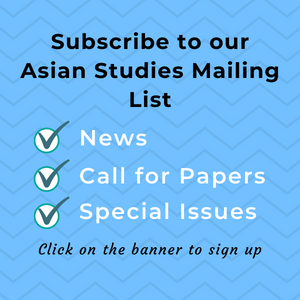System Upgrade on Tue, May 28th, 2024 at 2am (EDT)
Existing users will be able to log into the site and access content. However, E-commerce and registration of new users may not be available for up to 12 hours.For online purchase, please visit us again. Contact us at customercare@wspc.com for any enquiries.
With cities rapidly encroaching onto surrounding lands, the notion of “eco-city” proposes an innovative yet pragmatic approach to designing, building and operating cities in a way that the destructive impact of human urban activity upon nature will be significantly reduced.
This book comprises of papers from a workshop organized by the East Asian Institute on Eco-cities in East Asia on 27 February 2009 in Singapore. Contributed by scholars, officials and environmental specialists from Japan, China, Malaysia, Indonesia, Thailand and the Philippines, the papers focus on how individual governments in these countries undertake eco-city projects. The book also highlights best practices that are useful to policy makers and anyone else who seeks to learn from the experiences of other countries in order to reduce their ecological footprints.
Sample Chapter(s)
Chapter 1: Towards Eco-Cities in East Asia (145 KB)
Contents:
- Eco-Cities: Re-Examination Concepts and Approaches (H Imura)
- Let's Get Real: Critical Visions and Sustainable Eco-Urbanism (W S W Lim)
- Some Thoughts on the Development of Eco-Cities in Asia (L F Lye & G Chen)
- Building Ecotopia: Critical Reflections on Eco-City Development in China (C-P Pow & H Neo)
- Moving Toward Eco-Friendly City: Perspective on Thailand (R Anambutr)
- Challenges to Implementing the Eco-City Concept in Indonesia's Major Cities (S A Afiff)
- Eco-City: China's Realities and Challenges in Urban Planning and Design (T Wang & L Shao)
- Sustainable Living: An Overview from the Malaysian Perspective (H Kaur & M Hitam)
- Prospects on Ecological Development in Philippine Cities (M M Ballesteros)
Readership: Urban planners, policy makers, environmentalists, academicians interested in urban sustainability.






















